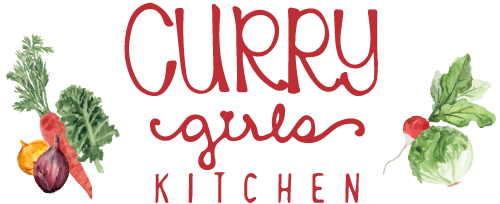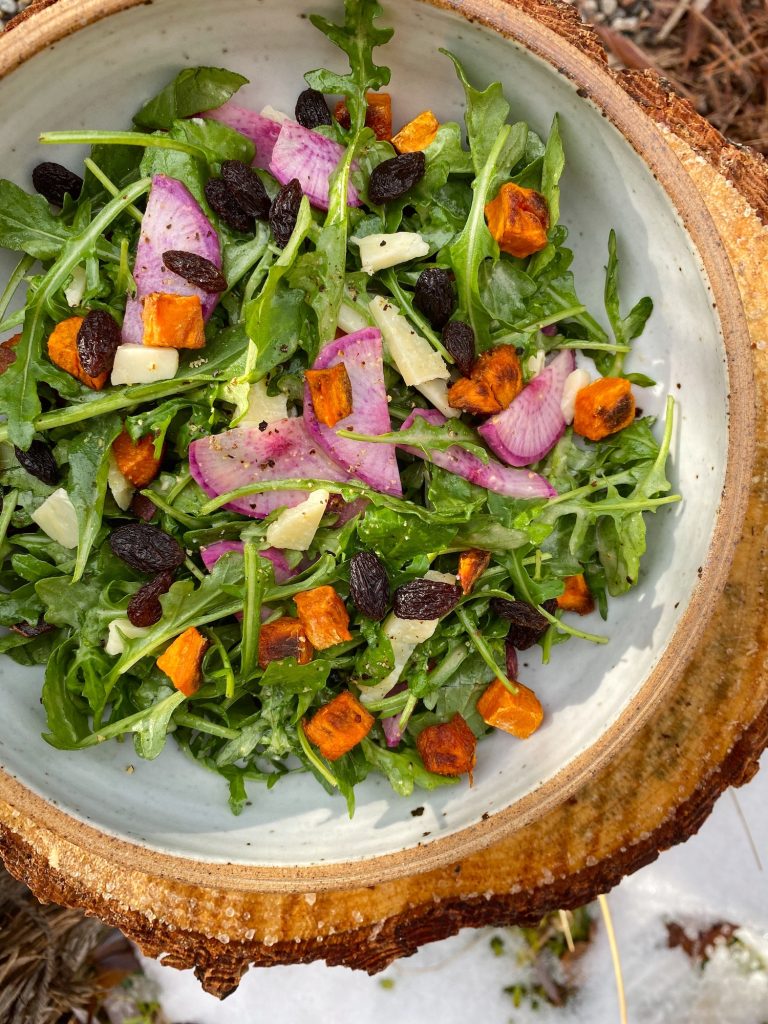Towards the end of last year, Pegs and I were honored to attend CA Grown’s agriculture farm tour again – however, this time was a bit different… CA Grown put together a Virtual AgriTour of California’s San Joaquin Valley.
Using all the California Grown ingredients, we put together a delicious Arugula and Sweet Potato Salad. Scroll down for the recipe!
If you are unfamiliar with California Grown: “California Grown is all about connecting Californians with the people who grow and produce their food. It really is that simple. Farmers have a lot of stories to tell and want to welcome you into their fields so you can really understand where your food comes from – and how important you are to the process.
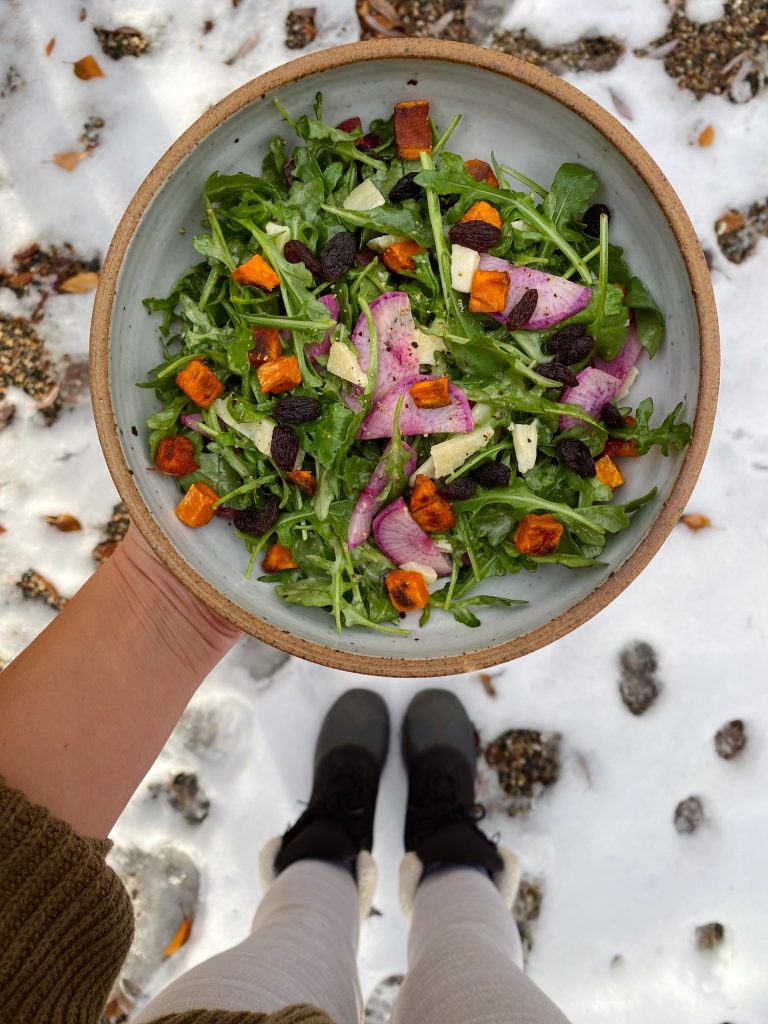
CA Grown is an amazing organization we strongly align with. We love connecting with our local farmers at our farmer’s market and think it is so important to know where you food comes from and the people who grow it.
California produces one-third of the nation’s vegetables and two-thirds of its fruit. Now living in Colorado, I am even more grateful for my home state for providing me with organic greens during the cold winter months (where we no longer have farmers markets here)!
During this virtual AgriTour, we had the opportunity to visit a few beautiful farms in the San Joaquin Valley. Our first stop was to a leaf green field in Imperial Valley. We learned that our Golden State grows approximately 90% of the leafy greens grown in the United States.

Second stop was to Sweet Potato Farm Tour with farmers Jason Tucker and Amberley Mininger in Atwater, CA. We toured their family farm learning all about the difference between sweet potato varieties. Did you know that purple sweet potatoes have more antioxidants than blueberries?! Us either! Sweet potatoes also have more potassium than bananas AND are low glycemic.
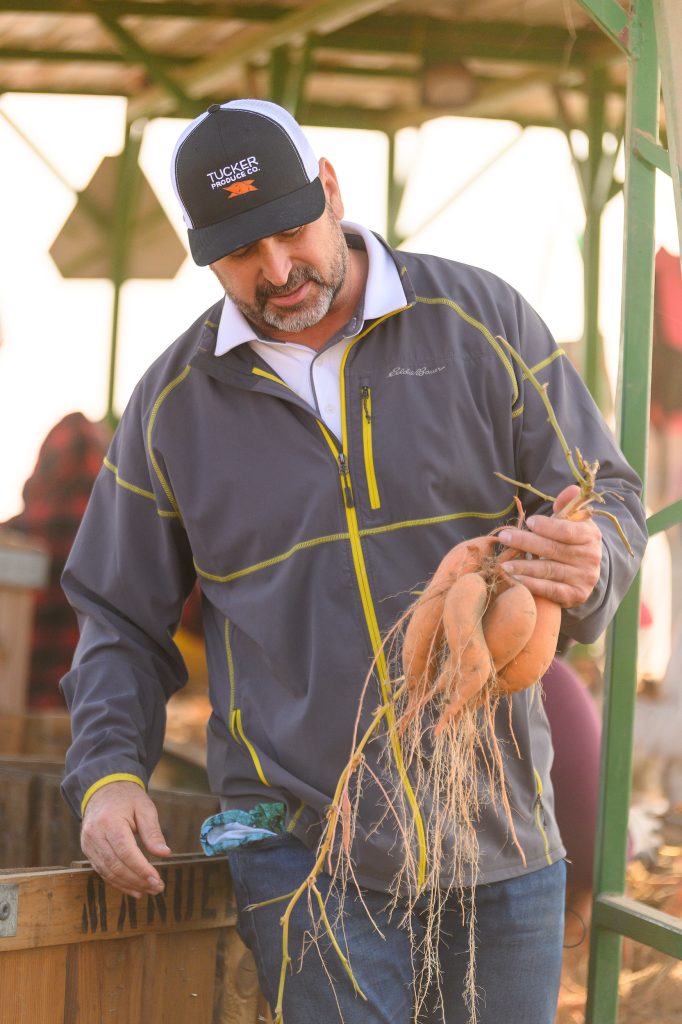
Third stop on our CA Grown AgriTour was to our dear friend K.C. Cornwell’s family ranch, Loquaci Home Ranch in Madera, CA.We learned how the San Joaquin Valley feeds the world and California’s specialty crops! California has 25 million acres of active farmland, and the San Joaquin Valley is the most productive region in the world! We also learned that California grows 99% of all table grapes in the world.

Next we were off to Fiscalini Family Dairy farm where we learned about cheese, dairy and multi-generation farming families located in Modesto, CA. They shared about their sustainable farming practices ~ using a methane digester, the waste their farm produces is converted into renewable energy, they produce electricity, and are able to power their entire facility plus they sell back energy to the grid and power 300 neighboring homes! We got shipped a variety of their “farmstead” cheese to taste – and “farmstead cheese” means their cheeses are made only from the milk from their cows.

After learning about dairy, we headed to The Mill with Rolland Rosenthal of Rosenthal Olive Ranches in Sanger, CA. We learned about crushing olives for olive – most notably the difference between Virgin Olive Oil and Extra Virgin Olive Oil. The process olive oil goes through to be considered EVOO is wild! For olive oil to be deemed “extra virgin” in California, it must meet precise chemical standards and pass a sensory/tasting panel test, (called an organoleptic test).
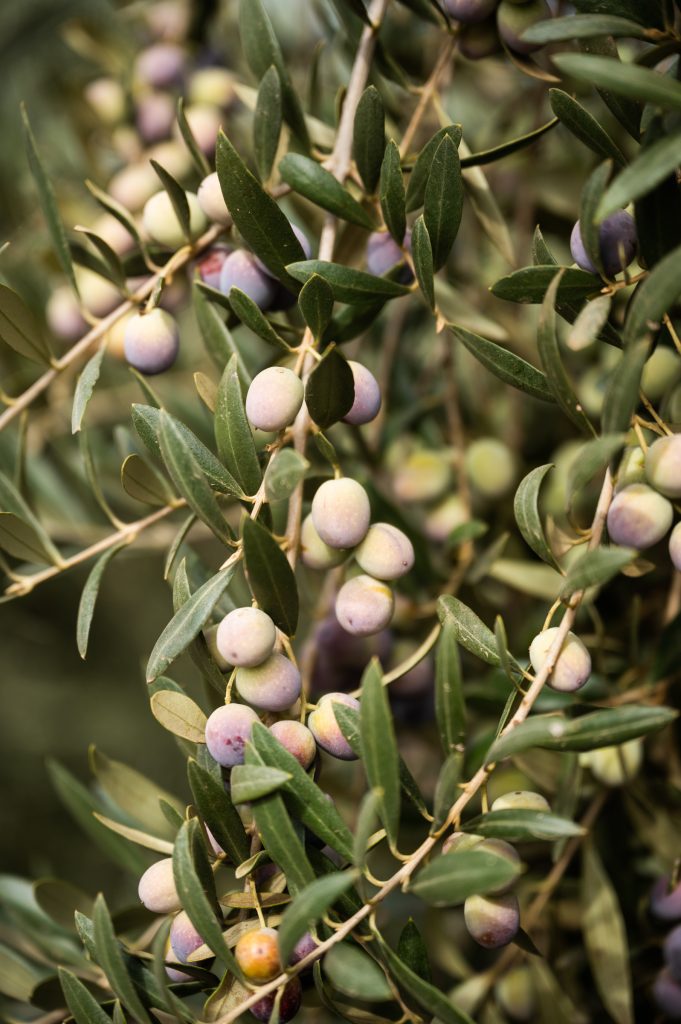
The last stop on our tour was with California Wines + Sustainability. Nancy Light of California Wines and Allison Jordan of California Sustainable Wine Alliance shared all about California wines. The most interesting pieces of information we learned about were the differences between organic wines, natural wines, and biodynamic wines. Not being a big wine drinker, I do find that when I do – it is super important to have higher quality and organic wines so I don’t have an allergic reaction or get congested. Organic wines use organic grapes and cannot contain added sulfites.
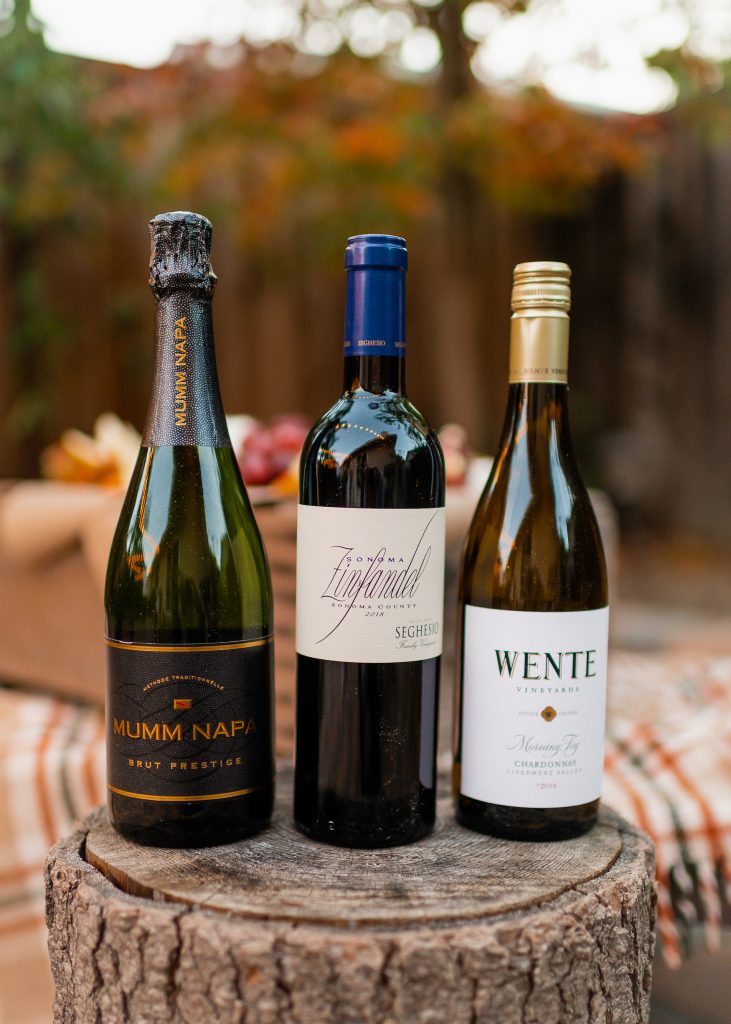
As obsessed with the lunar cycles and the cycles of the earth, it was fascinating to learn about biodynamic farming practices. Biodynamic wines treat the vineyard as “a closed loop” with organic as the starting point. These vineyards practices involve compost-teas and insectaries to naturally control pests, plus planning and pruning determined by phases of the moon!
Sustainability includes water and energy efficiency, human and social equity aspects, and everything else involving environmental practices.
Using some of the delicious California Grown ingredients we got to taste from these amazing farmers, I created a delicious salad bowl. Here’s the recipe:

